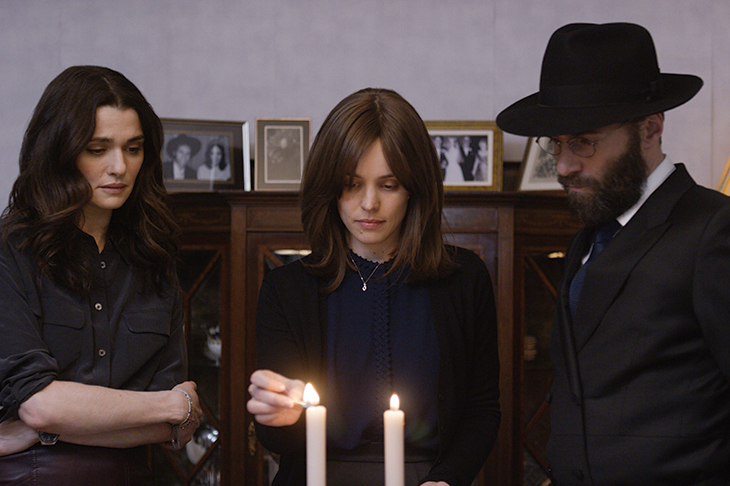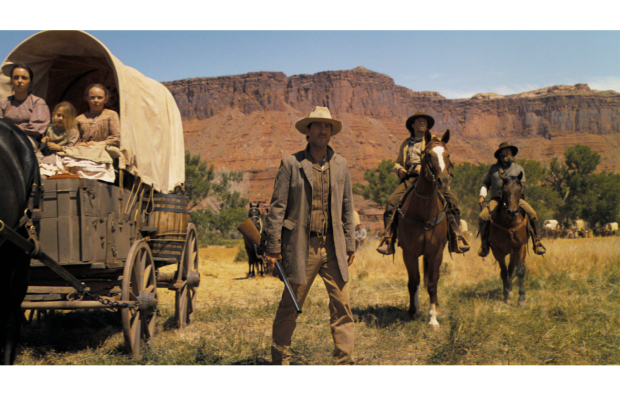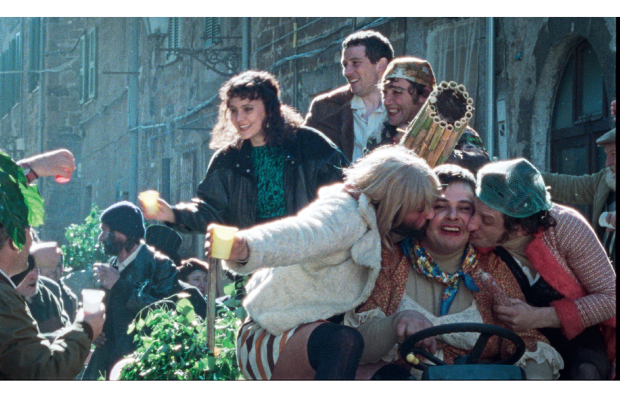Disobedience is an adaptation of Naomi Alderman’s novel about forbidden, lesbian love in orthodox Jewish north London, starring Rachel Weisz and Rachel McAdams and I so wanted to root for the film and its characters. Go for it, women! Smash the patriarchy that says you must always be the object of sexual desire and never the subject! I’ll put you up, if needs be.
Already a subscriber? Log in
Subscribe for just $2 a week
Try a month of The Spectator Australia absolutely free and without commitment. Not only that but – if you choose to continue – you’ll pay just $2 a week for your first year.
- Unlimited access to spectator.com.au and app
- The weekly edition on the Spectator Australia app
- Spectator podcasts and newsletters
- Full access to spectator.co.uk
Or
Unlock this article
You might disagree with half of it, but you’ll enjoy reading all of it. Try your first month for free, then just $2 a week for the remainder of your first year.














Comments
Don't miss out
Join the conversation with other Spectator Australia readers. Subscribe to leave a comment.
SUBSCRIBEAlready a subscriber? Log in